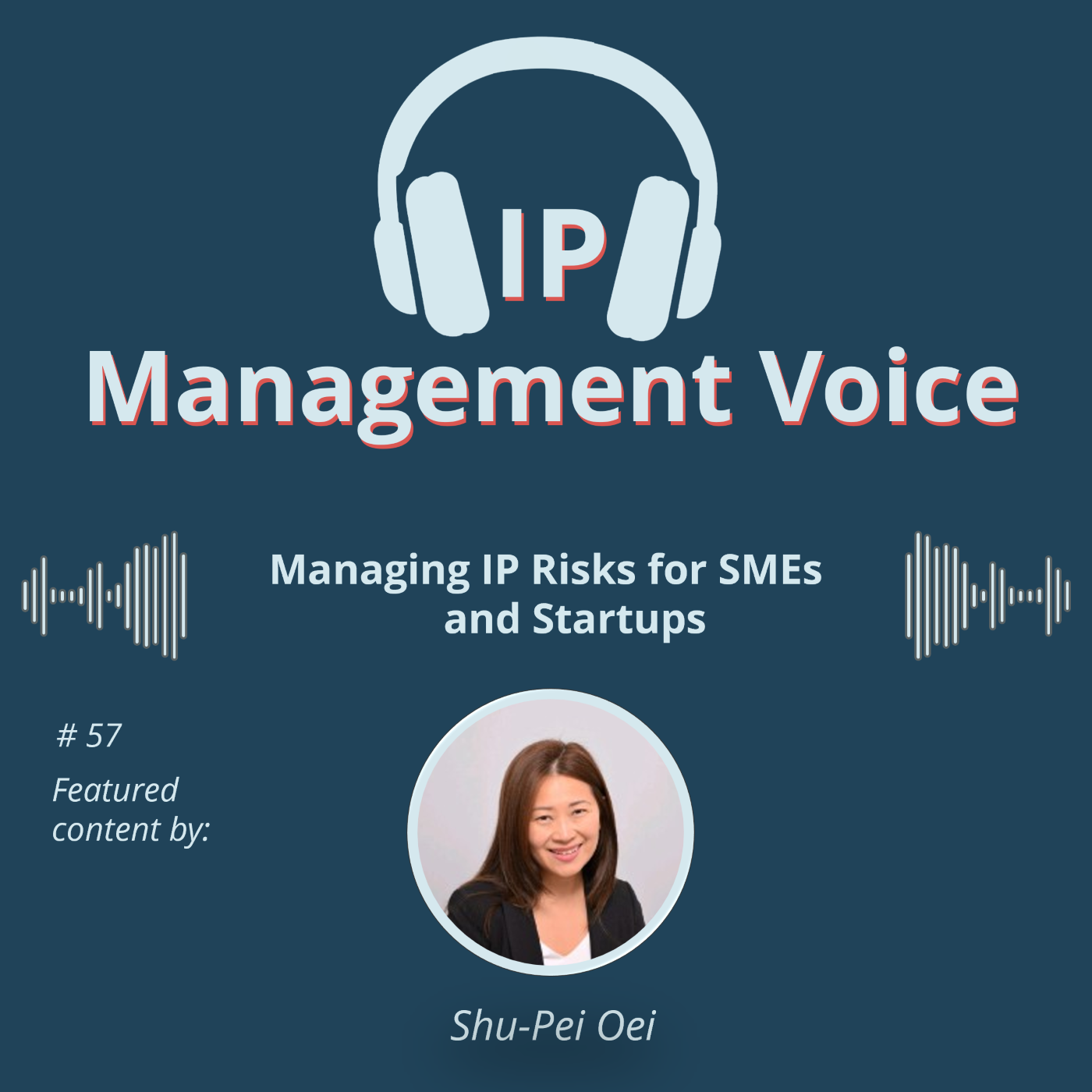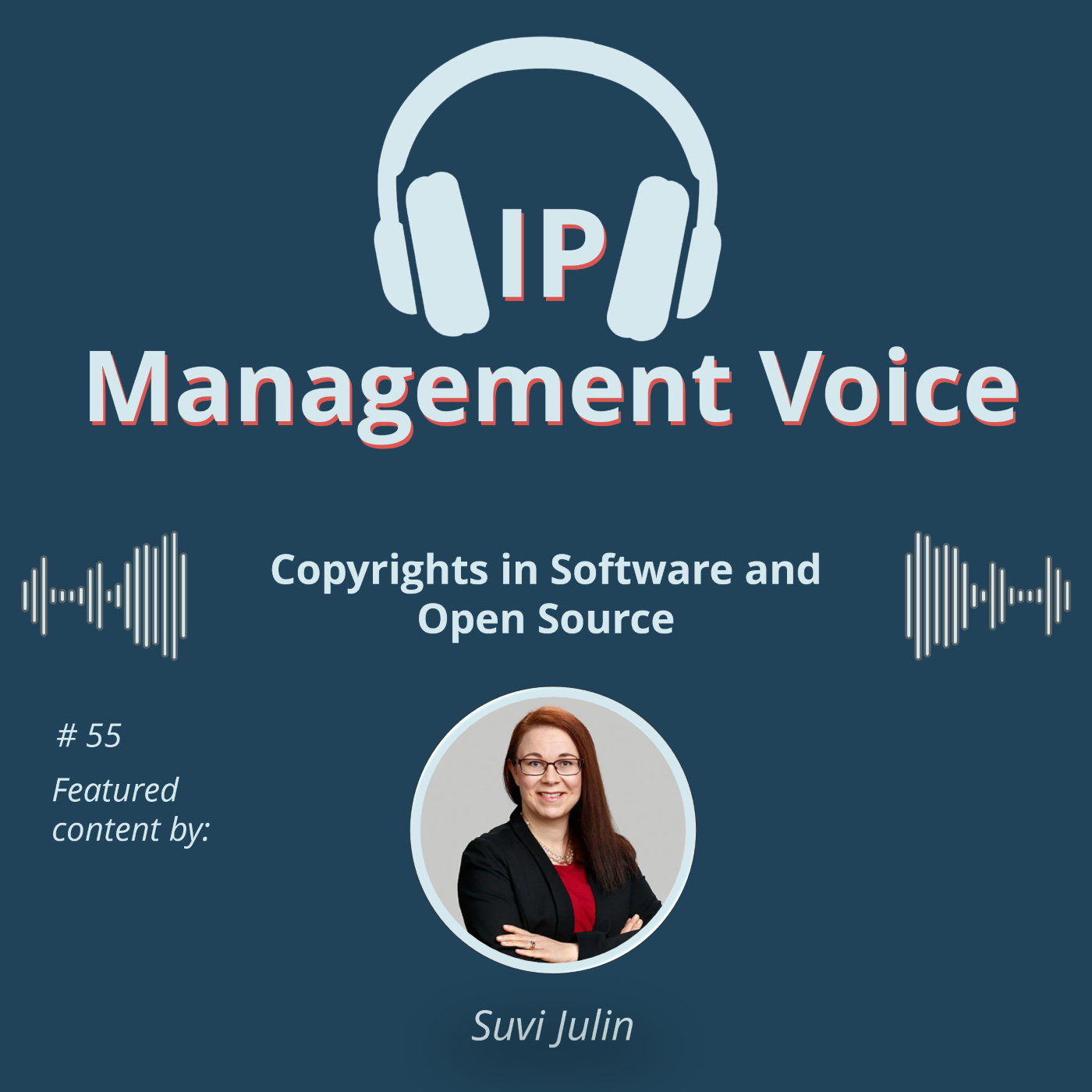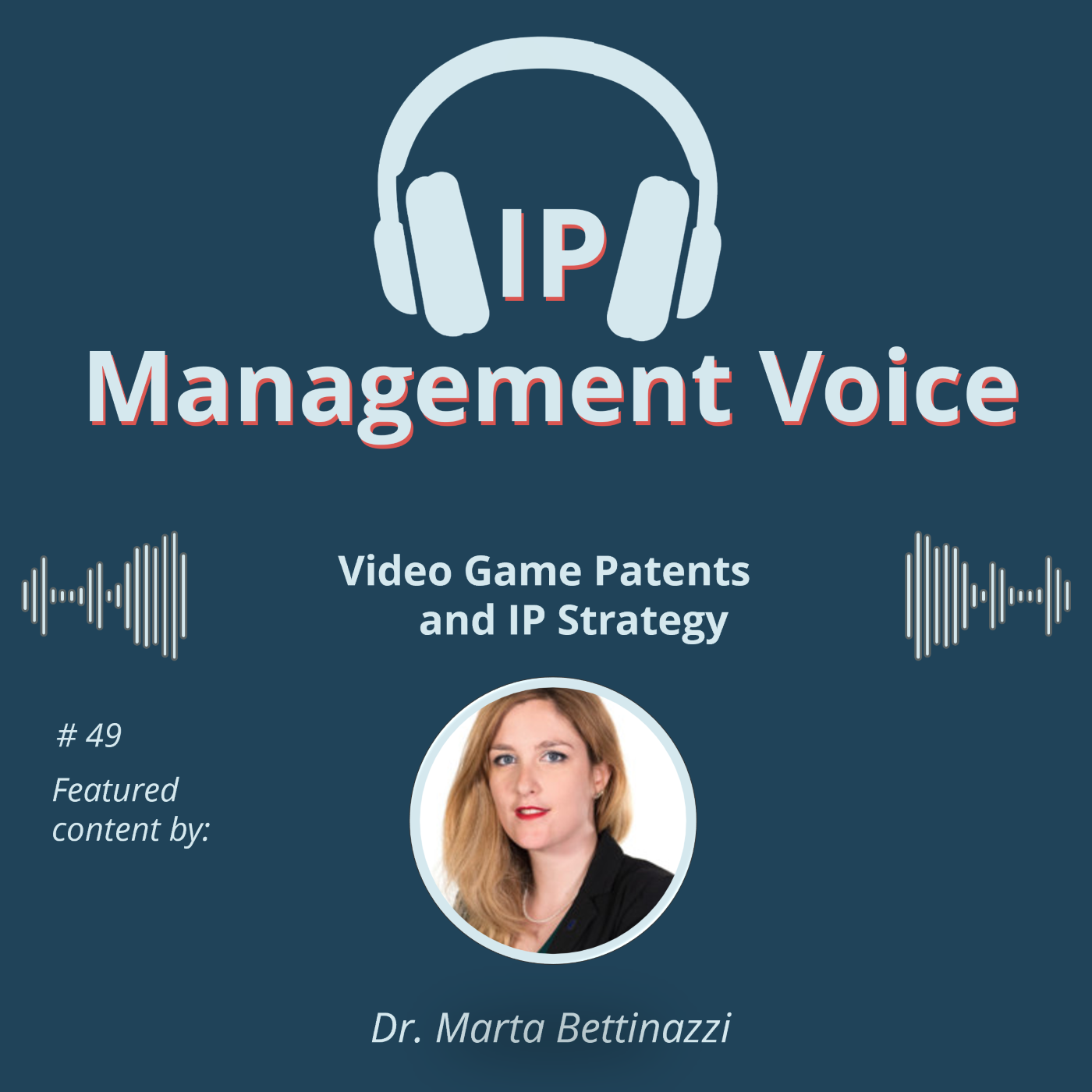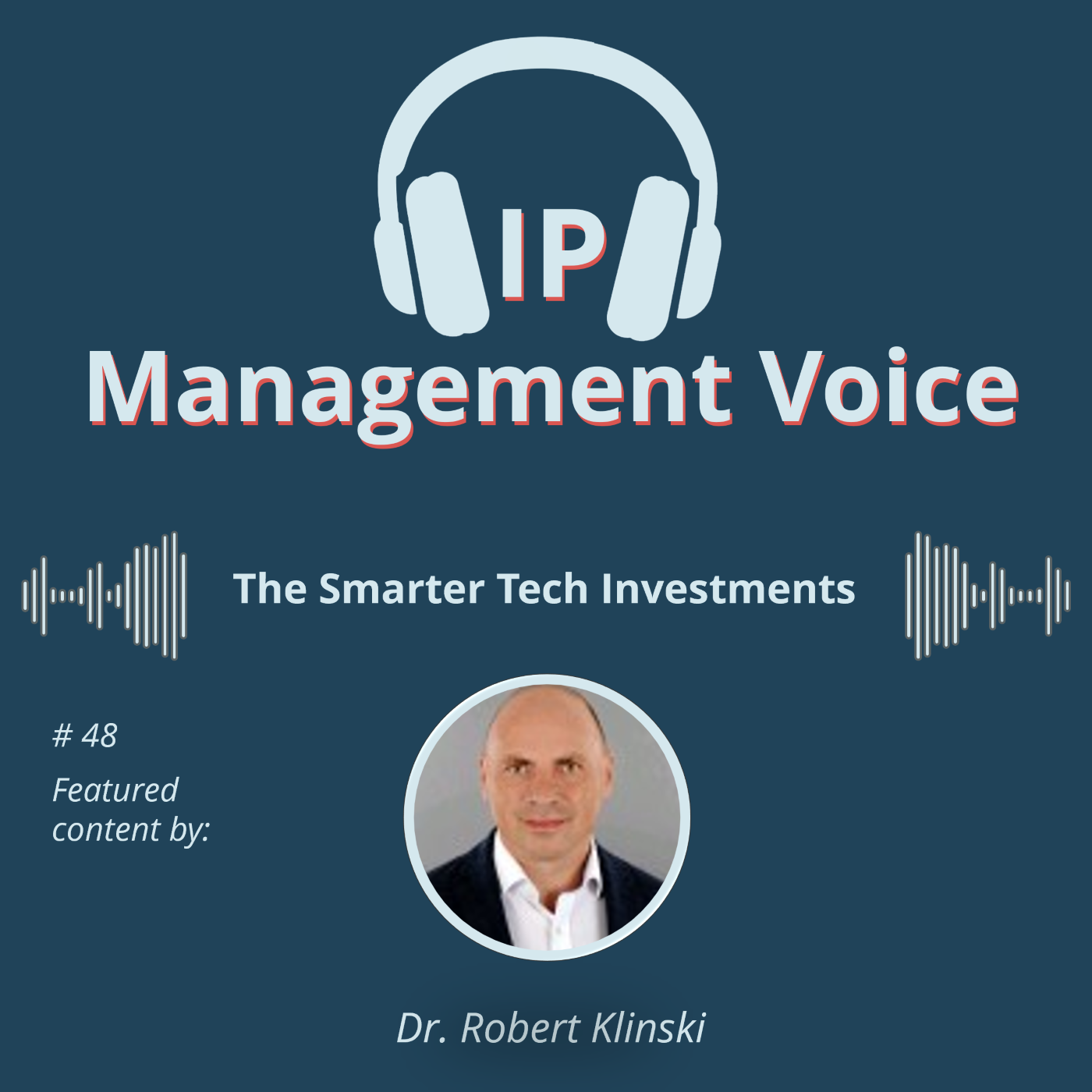
#57 Managing IP Risks for SMEs and Startups
This episode, drawing on a lecture by Dr. Shu-Pei Oei, outlines the essential aspects of managing IP risks for small-to-medium enterprises (SMEs) and startups. It explains that IP is a critical asset for these businesses, offering competitive advantages but also presenting various financial, reputational, and operational risks if not properly managed. The episode categorises these threats into internal and external risks, detailing types such as legal, administrative, infringement, third-party, emerging technology, and strategic risks. It further introduces a framework for risk management, including the "IP Risk Universe" model and the DIN 77006 standard, alongside practical strategies like building an IP-aware...





![#51 Personal Growth: Referral Marketing for IP Experts [1/2]](https://images.podigee-cdn.net/1400x,sQs1QaE6oR0armaAc1hx8GbMscCwy2H3i_QVnZWA0kGU=/https://main.podigee-cdn.net/uploads/u69747/b31c8235-57d1-4ada-85f1-5cfa9ee2212f.png)


